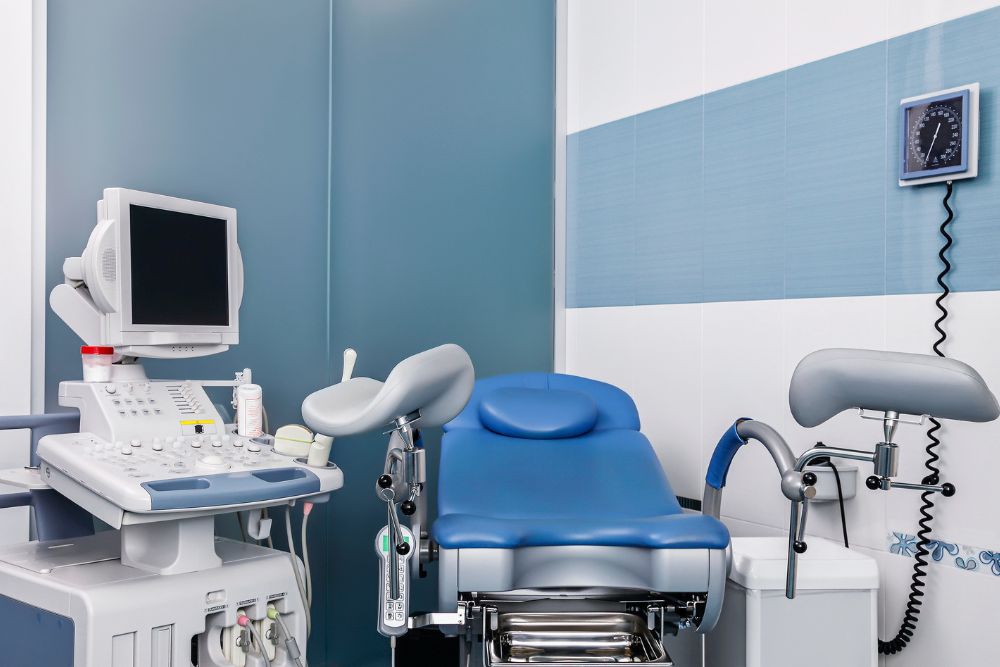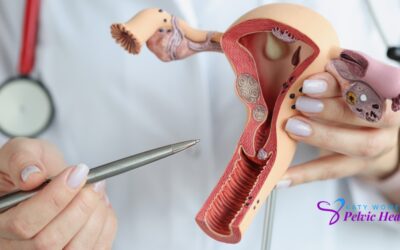Urogynecologists deal with problems involving the pelvic floor and bladder. Overactive bladders, weak pelvic muscles, reproductive difficulties, and bladder or rectal incontinence are all examples of this (the loss of control when going to the bathroom). Patients are evaluated, diagnosed, and treated by urogynecologists.
Urogynaecology is a subspecialty of obstetrics and gynecology that focuses on female pelvic care and reconstructive surgery. Urogynecologists are doctors who specialize in the diagnosis and treatment of pelvic floor disorders like weak bladders and pelvic organ prolapse. The field of urogynaecology is relatively new. Before 2011, it didn’t exist. These health conditions were handled by a variety of specialists. For pelvic floor disorders, women frequently had to see many doctors.
The certification of urogynaecology as a separate field of study was accepted by the American Board of Medical Specialties in 2011. This has made it easier for women to receive the treatment they require What is the distinction between a urologist and a urogynecologist? without having to see several doctors.
What is the distinction between a urologist and a urogynecologist?
Urology, as opposed to Urogynecology, is a more broad field of medicine. Urologists, for example, work with women, men, and children. Urogynecologists, on the other hand, specialize in the pelvic floor of women. The subspecialty of urogynecology is obstetrics and gynecology.
A urogynecologist has typically completed a four-year OB/GYN residency program and subsequently completed a fellowship. The doctor will learn to evaluate and treat pelvic floor diseases during the two or three-year fellowship. Urogynecologists can now become board certified by the American Board of Obstetrics and Gynecology, which means they’ve completed and passed a series of rigorous tests.
A urologist is a doctor who specializes in treating problems with the urogenital system, which includes the urinary tracts of both men and women as well as the male reproductive organs. Urologists can therefore treat problems involving the bladder, kidneys, testicles, and urethra.
Both specialists have educations that are somewhat different. Both attend medical school, but the aspiring urogynecologist is trained as a gynecologist before moving on to urology. Following completion of their gynecology degree, the urogynecology applicant must complete a three-year fellowship. During this phase, the candidate researches surgical procedures for pelvic floor reconstruction, incontinence treatments, and other related topics.
What exactly is a pelvic floor?
The pelvic floor is the foundation of the so-called ‘core’ group of muscles. These muscles run from the pubic bone (in the front) to the coccyx or tailbone (in the back) and from side to side in your pelvis, like a hammock. Incontinence and pelvic floor diseases are frequently caused by injuries to the muscles, tissues, or nerves. Childbirth, obesity, surgery, aging, and chronic diseases can all cause such harm. Incontinence can also be exacerbated by smoking.
The most prevalent cause of pelvic floor prolapse is childbirth. Large babies, extended labors, and the use of a lot of equipment during delivery all raise the odds of a prolapsed pelvic floor.
What can you expect from a urogynaecology visit?
The optimal route of treatment may be determined by the underlying cause of our illness. Our urogynecologist needs a thorough awareness of our medical history in order to give us the best remedy for our problems. Many variables can contribute to pelvic floor issues, which the urogynecologist should be aware of while developing the treatment plan.
They will do a general physical examination. This will include checking blood pressure, heart rate, and weight, as well as maybe drawing blood for a blood test. This will aid them in determining whether or not we have conditions such as prediabetes.




